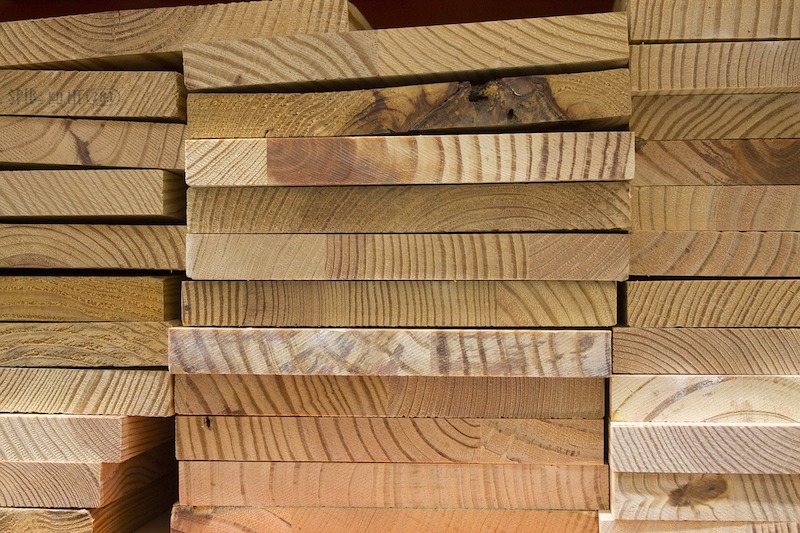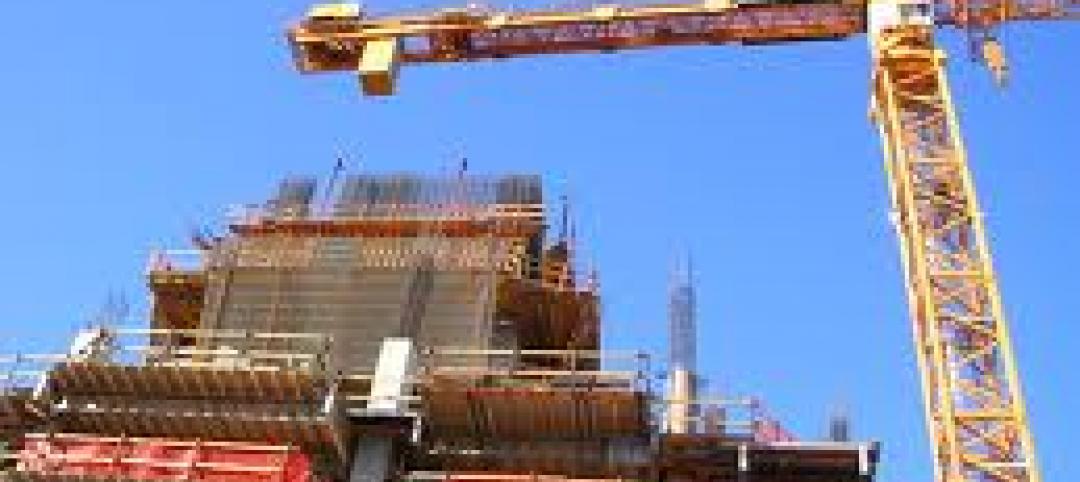Cross-laminated timber, or CLT, is touted as a more sustainable option for building construction than concrete and steel. But is it really? The answer is complicated.
CLT is intended to replace concrete and steel whose production accounts for about 13% of global carbon dioxide emissions. Wood in CLT panels pulled CO2 from the atmosphere, and that carbon should remain locked up as long as the building stands.
Some forest scientists, climate modelers, and materials experts question how much of an environmental net gain results from using CLT to replace concrete and steel. Part of the concern relates to choices the lumber industry makes in forestry practices and manufacturing.
Lots of carbon gets dumped into the atmosphere when logs are transformed into CLT, they say. Sawmills and CLT plants typically burn bark, sawdust, and other wood wastes for heat, releasing carbon. Piles of branches, treetops, and smaller trees left behind after a harvest are often burned or left to decompose—releasing carbon into the atmosphere.
When it comes to combating global climate change, the mantra of “wood is good” may be simplistic.
Related Stories
| May 10, 2012
OSHA proposes new rule to have employers find and fix hazards
The Occupational Safety and Health Administration has proposed a new regulation, Injury and Illness Prevention Program, or I2P2, which would compel employers to find and fix safety hazards.
| May 3, 2012
Stay current on green codes at AGC Environmental Conference
Keep abreast of market trends such as 2012 changes to green standards and codes at the AGC Contractors Environmental Conference, June 7-8, 2012 in Arlington, Va.
| May 3, 2012
OSHA reduces fines in Cincinnati casino collapse
The Occupational Safety and Health Administration has reduced the number of violations from four to two against four firms it cited earlier this month in the collapse of a casino under construction in Cincinnati.
| May 3, 2012
New York City implements controversial crane licensing requirements
New York City officials announced strict new licensing and testing requirements for all crane operators in New York City to raise safety standards.
| May 3, 2012
Green-roof requirement now includes industrial facilities in Toronto
A mandate that requires installation of green roofs on new commercial and residential buildings in Toronto has been expanded to include industrial facilities.
| May 3, 2012
Innovative wastewater treatment helps achieve LEED rating
LEED for New Construction, Neighborhood Development and the LEED Volume Program offer some ways to achieve LEED points when dealing with wastewater treatment.
| Apr 26, 2012
Lack of bolts on steel support caused collapse at Cincinnati casino
Too few bolts connecting horizontal steel support beams with vertical steel columns was the cause of January’s construction accident at Horseshoe Casino Cincinnati, according to the report of the Occupational Safety and Health Administration.
| Apr 26, 2012
OSHA criticized for taking too long to roll out safety rules
The Occupational Safety and Health Administration takes far too long to adopt new safety regulations compared to other agencies’ development of rules, safety experts said during a Senate hearing.















